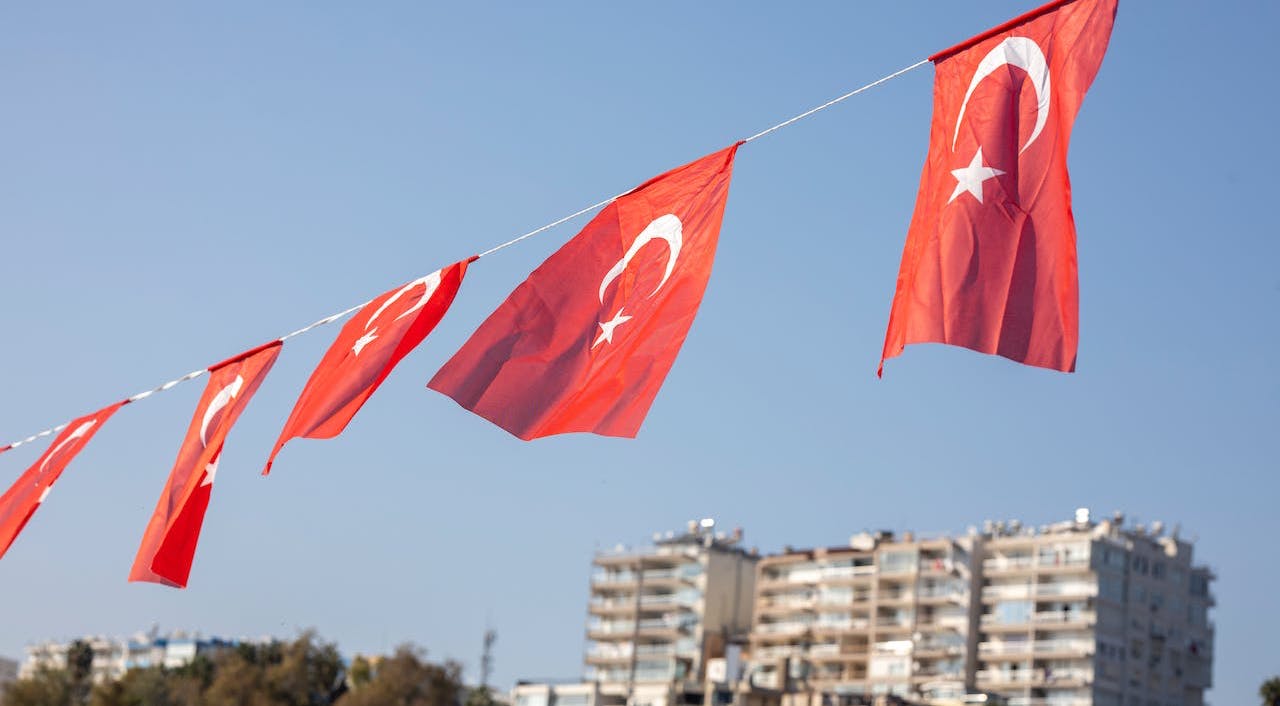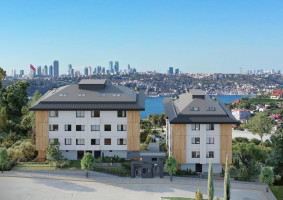
In the recent local elections, the opposition party, CHP, emerged triumphant, securing victory in 35 out of 81 cities. This resounding victory marks a historic moment in the annals of Turkish politics.
The multifaceted reasons underlying this electoral landslide have become subjects of rigorous debate among pundits and analysts, a discourse I shall defer to their expertise.
Acceptance of defeat by Erdogan
However, what demands attention is the graceful acceptance of defeat by Recep Tayyip Erdogan, whose tenure spanning 22 years with the AK Party has been marked by an unbroken string of electoral victories.
Amidst past electoral triumphs, detractors both domestic and abroad have often levelled accusations of authoritarianism and electoral malfeasance against Erdogan and his party. Allegations ranged from the fanciful notion of feline interference with the power grid to claims of mass voter manipulation and even the macabre spectre of the deceased casting ballots.
Yet, in a departure from the past, the aftermath of this electoral setback was conspicuously devoid of such accusations.
A triumph for Turkish democracy
Instead, what transpired was a testament to the vibrancy and integrity of Turkish democracy. Voters exercised their franchise freely, without coercion or deceit. It was a reaffirmation of the electorate's autonomy and discernment, dispelling the notion of them being mere sheep led blindly to the polls.
Erdogan's response to this electoral reversal was equally commendable, as he acknowledged the maturity of Turkish democracy. He underscored the significance of elections as the cornerstone of democratic governance, where the collective will of the nation finds expression without duress or manipulation.
Furthermore, the magnanimity displayed by the victors, under the leadership of Özgür Özel, adds another layer of dignity to this electoral spectacle. Despite their overwhelming success, they eschewed triumphalism, emphasising unity and inclusivity. Their magnanimous stance reflects a commitment to national cohesion and transcends the narrow confines of partisan politics.
In summary, the recent local elections stand as a beacon of Turkish democracy's resilience and maturity. It reaffirms the principle that in a vibrant democracy, elections are not mere contests of power but expressions of the collective will, where every voice finds resonance, and every vote carries weight. Truly, it is a triumph for democracy in Turkey.
Attention turns to the Turkish economy
Following the local elections, the trajectory of the economy becomes a pivotal focus. The ongoing battle against inflation is anticipated to persist, coupled with a reassessment of fiscal expenditures. These measures aim to curb inflationary pressures and enhance the appeal to foreign investors.
Projections suggest that after the elections, where Turkish democratic principles were robustly demonstrated, a total of $18 billion in foreign direct investment will flow into the country this year. Consequently, the absence of elections in Turkey over the next 4.5 years may signify a sustained period of economic growth.
Written by Nezir Can









